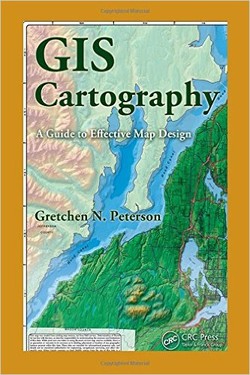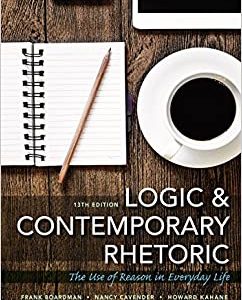Maps, either printed or digital, can create effective communication with bosses, clients, other scientists, and the public. However, entry level GISers often find that map design was given short shrift in their pre-professional life. It is time for the GIS field, which is maturing in other ways, to improve its skills in this area. Based on the author?s more than ten years of research and practice in map design, GIS Cartography:?A Guide to Effective Map Design?provides the tools to create truly sophisticated maps.
Packed full of in-depth information and advice, this book covers all facets of map creation. It covers classic cartographic standards such as colors, fonts, data specific mapping techniques; cultivation of creative skills, and supplies recommendations for novel design approaches. Featuring a down-to-earth writing style, the book includes a layout element checklist, font size charts, geologic color standards, file format pros and cons, and examples of layout designs. A companion Web site, hosted by the author, provides more learning materials, a free downloadable poster covering key content from this book, and links to other helpful Web sites.
The book does not focus on any particular software platform, therefore does not contain the traditional screen shot format with ?click on this? and ?use this menu? type of instructions. This format allows the guide to be used with any map making software. The author draws on classic map-design concepts, the latest design theory, and other disciplines, demonstrating how to create end results that exemplify what map ought to be: clear, informative, and uniquely suited to their purpose.











